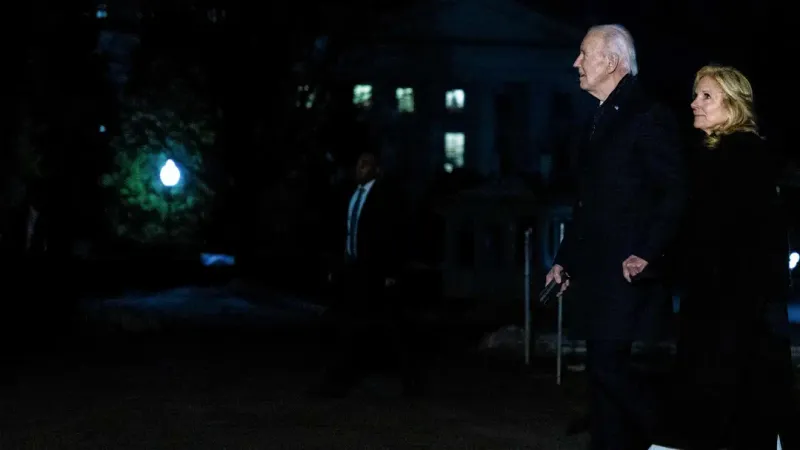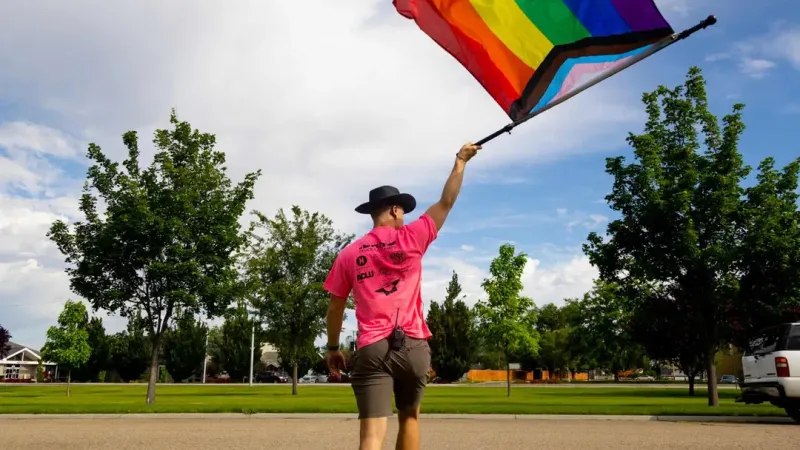Appeals Court Gives DOJ Access to Mar-a-Lago Docs
On Thursday, the three-judge US Court of Appeals for the 11th Circuit reversed a Florida federal judge's ruling that prohibited the FBI and Dept. of Justice (DOJ) from using nearly all documents seized in the raid of former Pres. Donald Trump's Mar-a-Lago residence on Aug. 8 in their investigation.

Facts
- On Thursday, the three-judge US Court of Appeals for the 11th Circuit reversed a Florida federal judge's ruling that prohibited the FBI and Dept. of Justice (DOJ) from using nearly all documents seized in the raid of former Pres. Donald Trump's Mar-a-Lago residence on Aug. 8 in their investigation.
- The decision suspends the third-party special master review of the documents, as had been ordered by US District Judge Aileen Cannon. The court wrote that "the law is clear" and that it can't write a rule "to block government investigations after the execution of the warrant."
- FBI agents seized roughly 11k records, including about 100 marked as classified. The court admitted that the search of the former president's property was "extraordinary," but said it didn't give "the judiciary license to interfere in an ongoing investigation." Trump may appeal the decision with SCOTUS.
- Two of the three judges, Andrew Brasher and Britt Grant, were Trump's own appeals court picks. The panel stated that Trump's attorney failed to show that law enforcement acted with "callous disregard" to Trump's rights, and gave the former president a week to respond to the decision.
- The "special master," an independent lawyer who decides if records within a case are covered under attorney-client or executive privilege, in this case, was Raymond Dearie, a 78-year-old New York judge originally nominated by Pres. Ronald Reagan in 1986.
Sources: Independent, Daily Caller, Reuters, Politico, and BBC News.
Narratives
- Pro-Trump narrative, as provided by Conservative Tree House. Trump's legal team hasn't been treated within their legal rights throughout this entire convoluted mess created by the DOJ. Under the pretense of "national security interest," they've been denied access to the warrant's contents and its probable cause affidavit. How can we know if Trump's fourth Amendment rights were violated if the DOJ isn't required to produce the legal basis of the warrant?
- Democratic narrative, as provided by Politico. The decision is a decisive defeat for Trump and is unlikely to be overturned in the event of an appeal. It's not surprising given the justified skepticism of the mostly-Trump-appointed panel, which rightly resisted the former president's attempts to secure preferential treatment.






